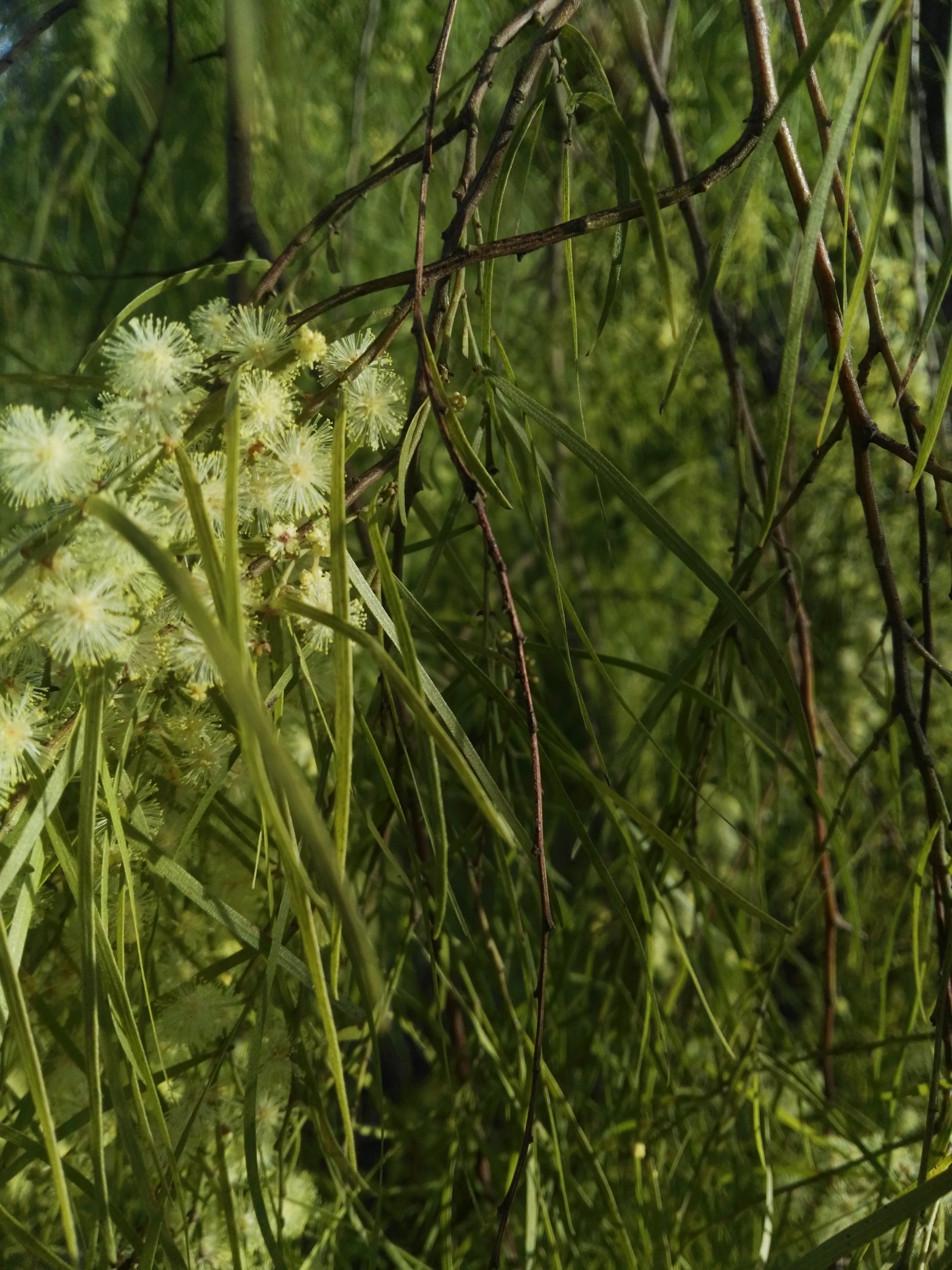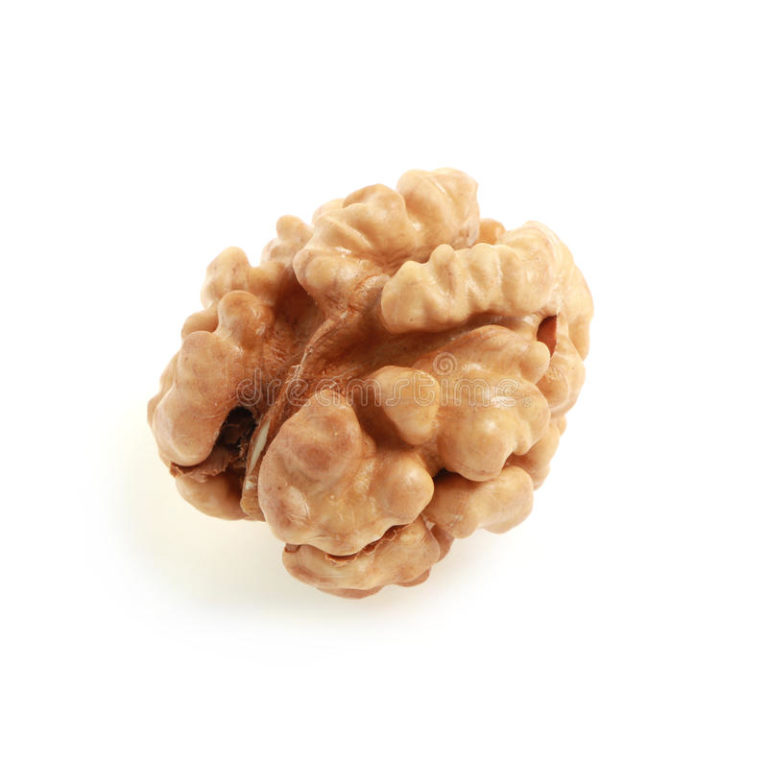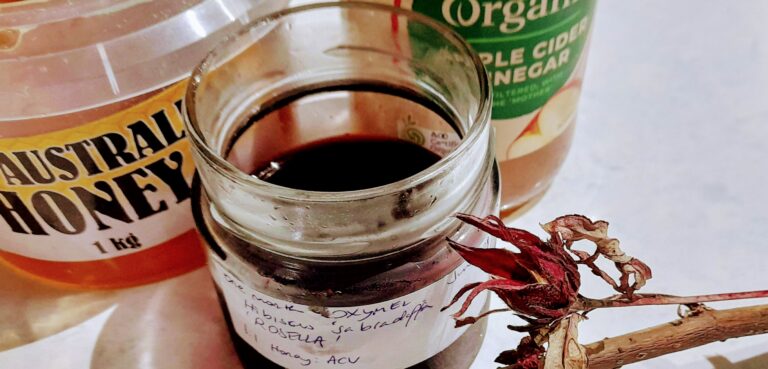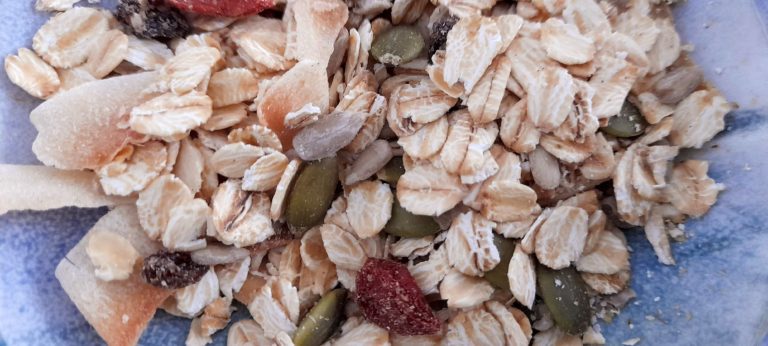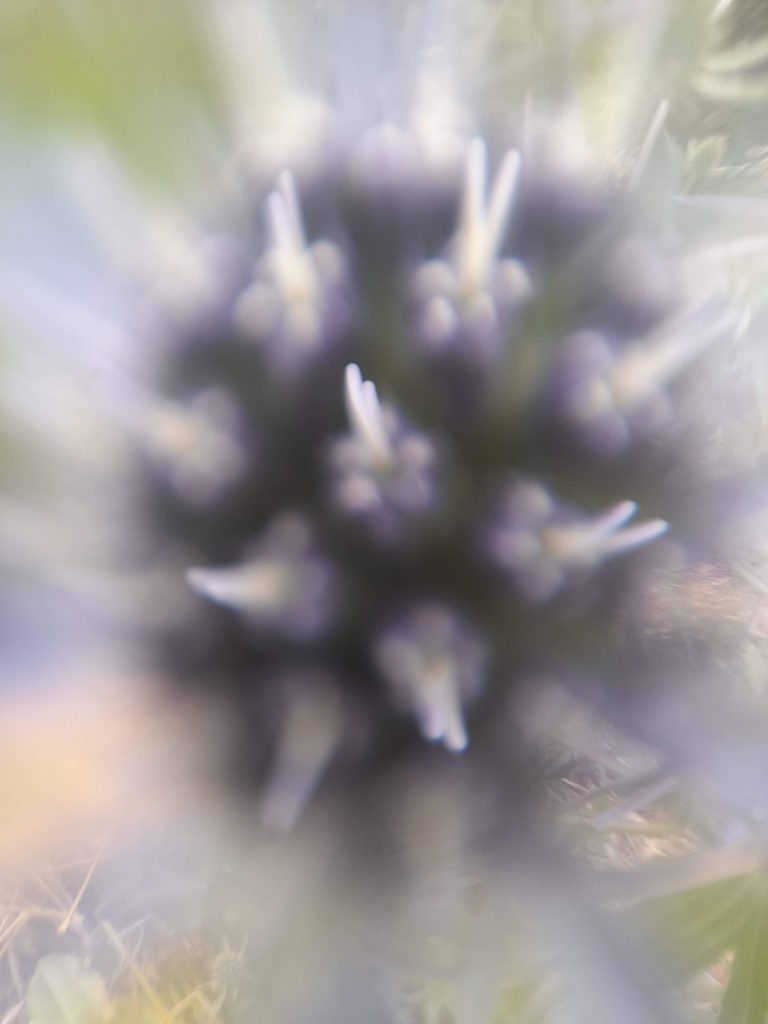COVID or no COVID, here comes Spring (and hayfever)
The jonquils and the wattles are flowering – along with grasses across the country – so it’s hayfever time.
(Or seasonal rhinitis – which is its medical name.)
If you get in early, there’s a lot you can do to minimise your symptoms and keep yourself well.
What causes hayfever?
Hayfever happens when the balance is lost between:
- the immune-system cells that promote allergic reactions and
- the immune system cells that suppress allergic reactions .
The result of this imbalance is systemic inflammation and a range of specific reactions such as sneezing, coughing and increased congestion that causes breathing difficulties.
Waiting until you HAVE symptoms will give the allergens a head start on your body. If you know that hayfever is part of your life then consult your Naturopath NOW – don’t wait until you’re sneezing and wheezing.
So what can you do?
Hayfever is essentially an immune system response – so keeping well is about boosting your immune system. (Not a bad thing with COVID-19 still around 🙂 )
Then there are treatments that can help with:
- Breathing difficulties and congestion
- The underlying inflammation
- The imbalance underlying the inflammation
- Desensitization treatments to reduce the allergic reaction
At a self help level
Start taking general immune system boosters early – things like Vitamin C, echinacea, ginger horseradish and fish oils (omega-3 fatty acids) – good quality supplements in the right dosage for you.
Other herbal options that can help with congestion and inflammation include: Medicinal Mushrooms, Licorice, Vitamin C, Eyebright, Golden seal, Pelargonium, Elderflower and Poke root.
To help your breathing, consider Fenugreek, Garlic and Rosemary supplements. Cleansing your nasal and sinus passages will wash out the pollens AND soothe and heal the mucus membrane. Saline washes / sprays from the pharmacy are one option – and learning how to use a Neti Pot to do a healing herbal rinse of your nose and sinuses is well worth considering (even if it seems a bit “yuck”.)
Many herbal remedies have specific anti-histamine effects, including: Vitamin C, Nettle, Quercetin, Bromelain – another bioflavonoid that is anti-inflammatory AND anti-histamine.
Your vitamin D level is particularly important. At this time of year, you CAN go out in the midday sun without sunscreen (in Melbourne, at least) so find yourself a sunny corner out of the wind and relax. (This is better than a D supplement – but if your lifestyle makes it impossible then talk to your Naturopath about the right dosage for YOU)
Any local, organic honey will have small quantities of local pollens – so a teaspoon in with a hot lemon drink could help build your tolerance and add a bit of Vitamin C. Be careful though if you are extremely allergic as even honey can worsen symptoms.
Cleansing juices based around carrot, celery, parsley, apple and paw paw will do your whole body good.
Now that the weather is warming up, lightening the food you’re eating will also help. It’s time to move away from heavier winter warmers to new seasons salads and lighter consommes. (Think Vietnamese Pho.)
There’s new research that goes to the core of the hayfever problem
Research is uncovering a new novel approach which looks at restoring the normal balance between immune-system cells that promote allergic reactions and those that suppress them. The concentration is therefore on the Microbiome, the gut microbes. This new approach focuses on Probiotics for the treatment of Seasonal-allergic-rhinitis (hay fever).
At the National Institute of Integrative Medicine Research Department, a study where the participants were given a Probiotic, was carried out looking at symptoms, quality of life and immunological factors.
I was fortunate to participate in this research study, being in Melbourne at this time. I liked being ‘in’ the research to see how it feels as one of the ‘numbers’ referred to in research. The whole process was interesting with interviews, blood and stool tests, online surveys too complete etc. I found it took quite a commitment to stick to the regime required with reporting and supplement taking. As a practitioner this reminded me how challenging it can be for patients to follow well intended recommendations.
Probiotics help with hayfever!
The study concluded specific probiotics were effective in reducing hay fever symptoms, such as runny nose and itchy eyes, and improved the quality-of-life and immunological parameters while being well tolerated.
Mainstream allergy medications target symptoms, not the root cause of the problem, and come with an array of potential side effects. Certain Probiotics may provide a unique option for improving the quality of life in allergy sufferers.
Reference:
Karin Ried, Nikolaj Travica, Yeah Paye, Avni Sali, Effects of a Probiotic Formulation on Seasonal Allergic Rhinitis in Adults—A Randomized Double-Blind Placebo-Controlled Trial: TheProbiotics for Hay Fever Trial. Frontiers in Nutrition, May 2022
If you KNOW you’re going to have a problem – get advice early
An online or telephone consult now could make your life more comfortable.
There are a whole range of specialist naturopathic treatments that are useful. They could include:
- Quercetin (a bioflavonoid that has anti inflammatory benefits)
- Pelargonium sidoides – (a wonderful South African plant related to the flowers that your grandma probably used to grow) . It’s specific for strengthening mucus membranes – especially in the upper respiratory tract from the throat to the sinuses.
- Euphrasia (eyebright) – is a traditional herb for sinus-related issues.
- Albizzia – is a herb that dampens down an over-active immune system. Hayfever happens because your body over-reacts to allergens, so this is a really useful herb for many patients.
- Bromelain – a protein-digesting enzyme mixture derived from the stem, fruit, and juice of the pineapple plant which is anti-inflammatory AND anti-histamine.
Everybody’s system is different, and the dosage needs to be right or you won’t get the results you want.
Beware of thunderstorm asthma attacks
We’re increasingly aware today of how quickly thunderstorms can turn asthma and hayfever problems from an annoyance into life-threatening attacks.
So plan ahead, consult your health care practitioners and make sure you have the remedies that work for you on hand – because what’s usually a mild annoyance could suddenly be something much worse.
What about pharmaceutical treatments?
Over the counter treatments are available from Pharmacies include a range of antihistamines – tablets, sprays and drops, along with Intranasal corticosteroid (INCS) sprays. Other medical interventions are available in conjunction with an allergy specialist.
The problem with pharmaceutical remedies is that they only treat symptoms – not the root cause of the problem AND can often have unwanted side effects like sleepiness and reactions with other medications.
Appropriate herbal medicines that are prescribed at the correct dosage will give you relief WITHOUT drying out your body or making you sleepy or interacting with any other medications.

